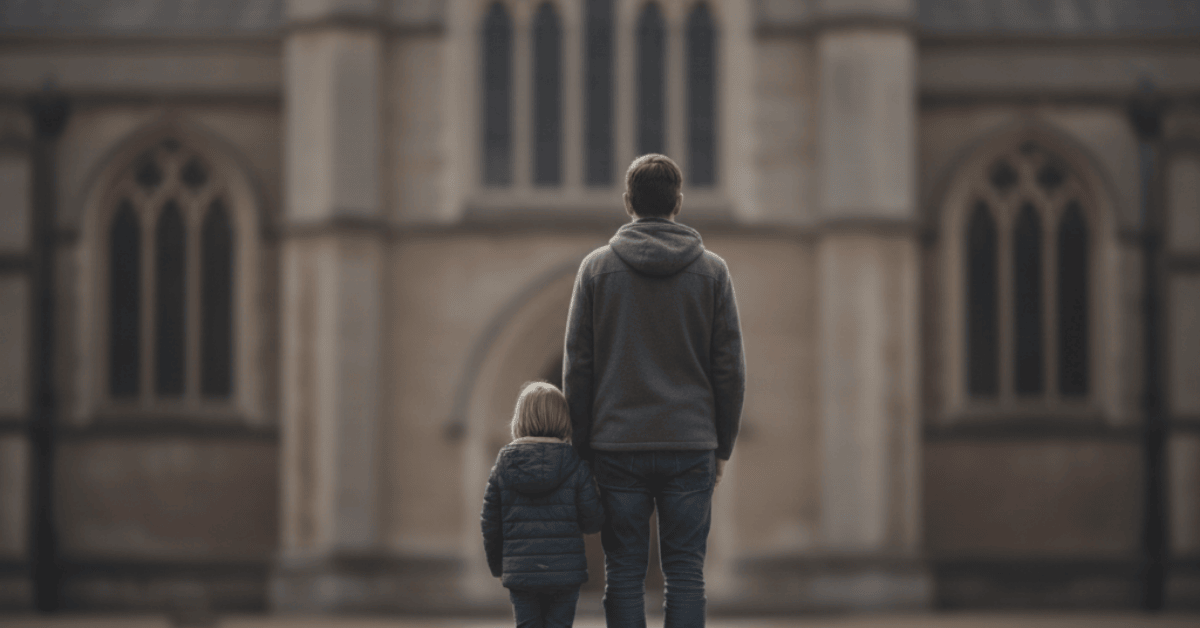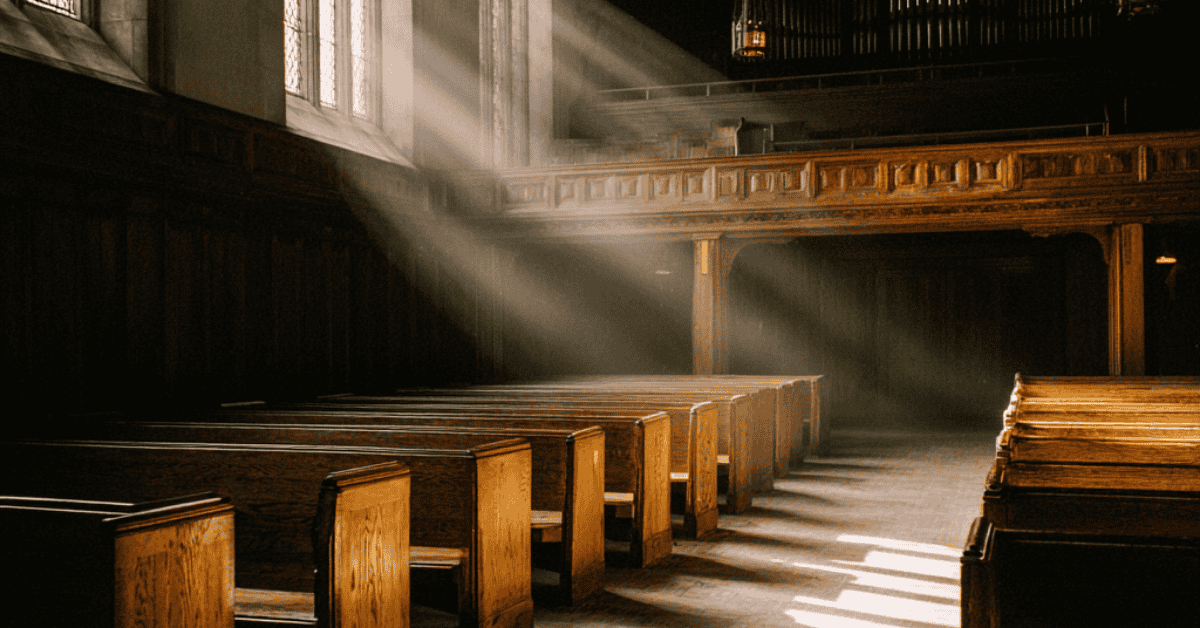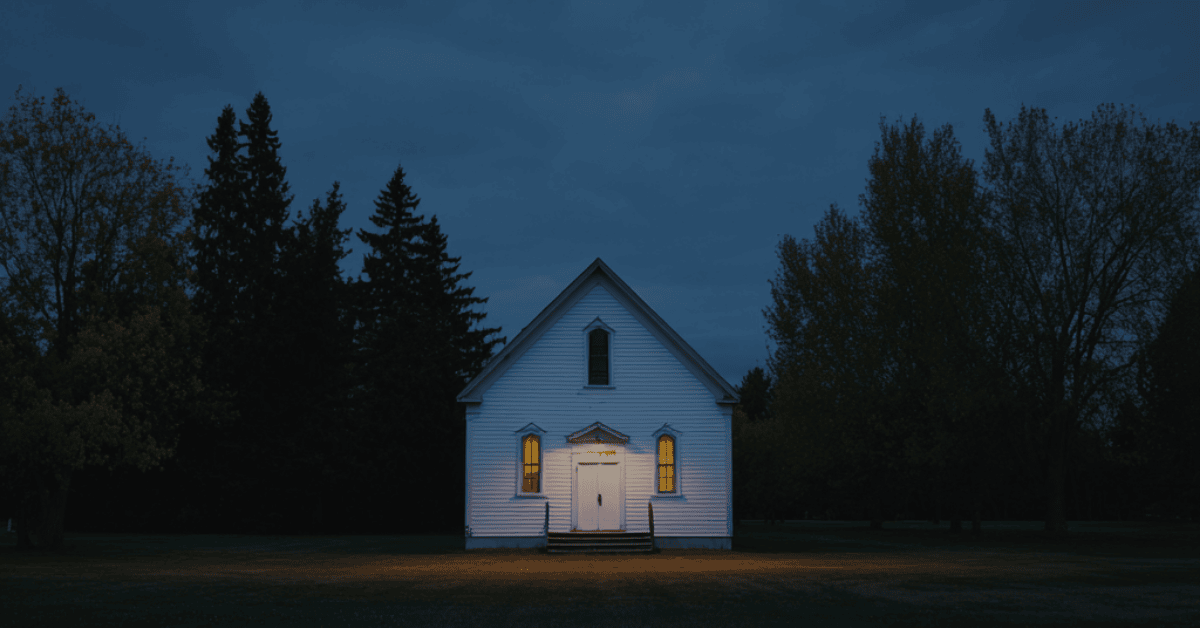Can You Sue a Youth Residential or Psychiatric Facility for Sexual Abuse?
Some survivors carry the weight of silence for years, even decades — not because they want to, but because the abuse they suffered was wrapped in shame, power, and manipulation. Especially in youth psychiatric or residential treatment facilities, where control is part of the system, and where speaking up could mean punishment, disbelief, or worse.
If you’re wondering whether you can sue a facility like this, the answer is yes. But that’s not the full answer. The real question is how — and whether the law can finally do what the system didn’t: protect you or your child.
Who’s Responsible When Sexual Abuse Happens in a Youth Facility?
Blame is often placed on a single predator — a counselor, nurse, or staff member who crosses the line. But in most cases we handle, the abuse didn’t happen in a vacuum.
A facility isn’t just a building — it’s a system. When that system fails to screen staff, supervise interactions, or respond to red flags, it’s more than negligence — it’s legal liability.
In other words, you can sue the individual abuser and the facility that enabled them.
We’ve seen cases where facilities ignored reports of inappropriate touching, failed to discipline repeat offenders, or put vulnerable residents in unsafe situations — and then buried the evidence. All of those failures can open the door to a lawsuit.
In Arkansas, residential treatment facilities have a legal duty to protect children and teens. When they breach that duty, the law gives survivors and their families the right to seek justice.
Types of Sexual Abuse Claims That Can Be Filed
Not every form of abuse involves violence. Sometimes it’s subtle — a grooming process that unfolds over weeks or months. Sometimes it’s peer-on-peer abuse that happened because no one was watching. Here are the most common legal claims we’ve filed or investigated:
1. Sexual Abuse by a Staff Member
- Inappropriate touching during therapy or medical care
- Forced sexual acts
- Sexual comments, threats, or advances
- Taking or distributing explicit photos
2. Grooming and Boundary Violations
- Giving gifts or special privileges
- Creating emotional dependency
- Isolating the child from others
- Testing physical boundaries (“accidental” touches that escalate)
3. Abuse by Other Residents Due to Neglect
- Facilities that leave minors unsupervised
- Failure to intervene after reports of peer assault
- Ignoring patterns of resident-on-resident abuse
4. Retaliation or Cover-Up
- Punishing kids who report abuse
- Transferring victims instead of investigating perpetrators
- “Losing” incident reports or manipulating records
Every one of these could form the basis of a civil claim — and in some cases, criminal charges too.
What Kind of Evidence Is Needed?
Most survivors worry they don’t have enough proof. And that’s completely understandable. These facilities rarely hand over evidence voluntarily, and abusers know how to keep things in the shadows.
Still, over time, a case can be built. Here’s what can help:
- Medical records documenting injuries, STIs, or psychological trauma
- Therapist or counselor notes that mention abuse or behavioral changes
- Incident reports filed with the facility
- Internal memos or emails (we often subpoena these)
- Witnesses — including former residents or whistleblowing staff
- Police reports or CPS findings
- Photos or journal entries from the time period
- Text messages (especially in grooming cases)
We’ve had cases where a single offhand comment in a counselor’s notes unlocked an entire chain of liability. You don’t need everything to get started — you just need to speak with someone who knows where to look.
What If the Abuse Happened Years Ago?
This is one of the most common and painful questions survivors ask: “Is it too late?”
The legal term here is the statute of limitations — a deadline for filing lawsuits. In Arkansas, the deadlines can vary based on whether the victim was a minor, when the abuse was discovered, and whether the case falls under recent legal reforms.
Here’s what you need to know:
- If the survivor was a minor when the abuse occurred, the clock often doesn’t start ticking until they turn 18.
- In some cases, the law allows extra time if the survivor didn’t recognize the abuse or connect their trauma to what happened until adulthood.
- Recent legal movements across the U.S. — and in Arkansas — have begun to reopen windows for adult survivors of childhood sexual abuse to sue.
Don’t assume you’re out of time just because the abuse happened years ago. That assumption is exactly what some of these facilities are counting on.
Why These Cases Are So Hard — and Why You Shouldn’t Give Up
Let’s be honest: suing a residential facility for sexual abuse isn’t easy. These places often have teams of lawyers, insurance companies, and administrators whose job is to protect the institution — not the kids they failed.
You may be told you’re “confused,” “manipulating the system,” or “just looking for money.”
That’s how survivors are silenced — with shame, gaslighting, and red tape.
But here’s the truth:
- You’re not weak because you waited to speak up.
- You’re not alone — these cases are more common than you think.
- And your story matters, even if no one believed you back then.
We’ve worked with survivors who were labeled “troublemakers” or “unstable” by the very people who hurt them. Years later, those same survivors stood in court and told the truth — and won.
This isn’t just about money. It’s about accountability. About forcing these institutions to admit what they allowed — and what they covered up.
One survivor told us: “Winning the case didn’t erase the trauma. But it gave me my power back.”
This silent epidemic in Arkansas isn’t so silent anymore. And that’s not by accident — it’s because survivors are fighting back.
Spotlight: Lawsuits Against Perimeter Healthcare
One facility name that keeps coming up in Arkansas: Perimeter Healthcare.
We’ve heard disturbing reports of abuse, neglect, and misconduct inside these facilities. Our legal team is actively pursuing claims involving current and former residents who were sexually assaulted, manipulated, or placed in unsafe conditions.
If your child was harmed — or if you were abused in a Perimeter facility as a minor — you can learn more about legal actions here.
Don’t assume you’re the only one. You may be part of a broader pattern — and your voice could help protect others.
How to Start the Legal Process — Even If You’re Not Ready to Tell It All
You don’t have to walk into a courtroom tomorrow. Starting a case doesn’t mean reliving everything in detail right away.
Here’s what it does mean:
- A confidential consultation with an attorney who understands trauma
- A chance to learn what legal options exist — no pressure, no cost
- Help requesting records, building timelines, and identifying evidence
- A clear explanation of your rights and next steps
If you’re a parent and you believe your child was abused in a facility, you may feel guilt, rage, confusion, or all three. Let us help you make sense of it — and take steps toward accountability.
If you’re a survivor reading this as an adult, wondering if you’re allowed to care about what happened to you… you are. And we do.
Reach out here when you’re ready. Not because you owe anyone your story — but because you deserve justice.



